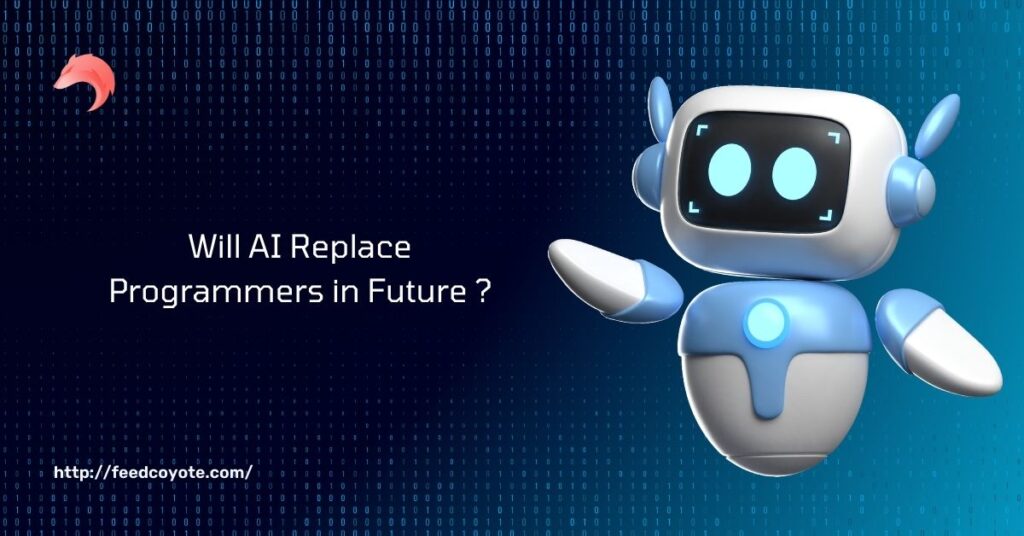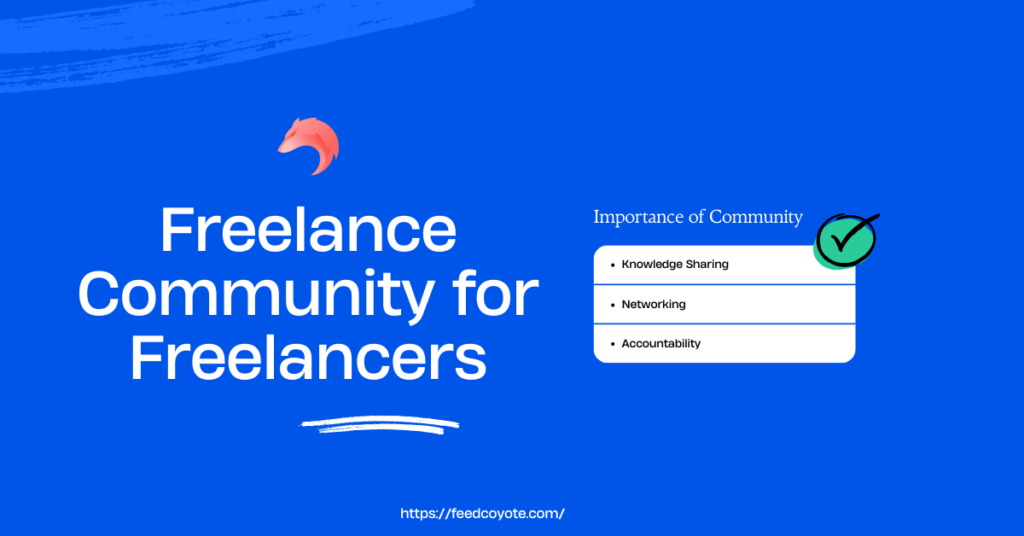The rise of artificial intelligence (AI) has sparked both excitement and concern in various industries. From healthcare to finance, AI has the potential to revolutionize how tasks are performed and decisions are made. However, one question that arises is will AI replace programmers in the field of software development.
AI technology has advanced significantly in recent years, with machine learning algorithms becoming increasingly sophisticated. These algorithms have the ability to analyze vast amounts of data, identify patterns, and make predictions or decisions based on that data. This has led to the development of AI systems that can write code and even fix bugs in existing software.
While AI may be able to automate certain parts of the software development process, it is unlikely to completely replace programmers. Programming requires not only technical knowledge but also creativity, problem-solving skills, and an understanding of the specific needs and goals of a project. While AI can generate code based on patterns it has learned, it cannot match the level of creativity and problem-solving that human programmers bring to the table.
Evolution of AI in Programming
The historical context of AI’s involvement in programming is marked by significant advancements over the years. Early tools and applications paved the way for the development of more sophisticated AI systems.
In the early stages, AI was primarily used to automate repetitive tasks and perform basic code generation. These early tools were limited in their capabilities but laid the foundation for future advancements.
As AI technology progressed , more complex algorithms were developed that could analyze data and make decisions based on patterns. This led to the development of AI systems that could write code and fix bugs in existing software.
However, despite these advancements, AI still has limitations when it comes to programming. While it can automate certain parts of the process, such as generating code based on patterns it has learned, it cannot replicate the creativity and problem solving skills that human programmers possess. Programming often requires thinking outside the box, finding innovative solutions, and understanding the specific context and requirements of a project. These are qualities that AI systems have yet to fully replicate.
Furthermore, programming is not just about writing code. It involves collaboration, communication, and understanding the needs of end-users.
Current Role of Programmers
Programmers play a crucial role in developing and maintaining software systems, making them an integral part of the technology industry. They are responsible for writing, testing, and debugging code to create applications that meet specific requirements. Currently, programmers possess a unique skill set that allows them to understand complex algorithms, logic structures, and programming languages.
The current role of programmers is multifaceted. They not only write code but also collaborate with other team members, such as designers and product managers, to ensure that the software meets user needs and is visually appealing. They also play a crucial role in troubleshooting and fixing bugs in software, as well as implementing new features and functionality.
Programmers are constantly learning and adapting to new technologies and programming languages to stay up-to-date with the latest industry trends.
The rise of artificial intelligence (AI)
It has sparked discussions about its potential to replace programmers in the future. While AI has undoubtedly made significant advancements in automating certain coding tasks and enhancing productivity, it is essential to consider the challenges faced by programmers and the unique skills they bring to the table.
One of the main challenges for programmers is addressing concerns and uncertainties that arise with the adoption of AI in programming.
As technology continues to advance, there is ongoing speculation about the role of artificial intelligence (AI) in replacing programmers. AI has made significant strides in automating certain coding tasks and improving overall productivity. However, it is important to acknowledge the challenges faced by programmers and the valuable skills they bring to their work.
While AI can streamline certain aspects of programming, it cannot replicate the creativity, intuition, and empathy
Challenges Faced by Programmers
The rapid advancements in artificial intelligence (AI) have raised concerns about the future of programming. Many wonder if AI will eventually replace programmers altogether. While it is true that AI has the potential to automate certain aspects of programming, it is unlikely to completely replace the need for human programmers. However, programmers do face a set of challenges in addressing these concerns and uncertainties.
One of the main concerns is the fear that AI will result in job loss for programmers. As AI continues to advance, it is possible that certain coding tasks can be automated, reducing the need for manual programming. However, this does not mean that programmers will become obsolete. There will always be a need for human programmers to oversee and manage AI systems.
It is a topic that has sparked both excitement and concern. As AI continues to advance, there is a possibility that certain coding tasks can be automated, leading to fears of job loss for programmers. However, it is important to recognize that AI is unlikely to completely replace the need for human programmers.
Instead, programmers face the challenge of adapting to AI advancements and upskilling themselves to stay relevant in the industry. AI can be a powerful tool for programmers, helping them automate repetitive tasks and improve productivity. However, it cannot replicate the creativity, intuition, and empathy that human programmers bring to their work.
Programmers also play a crucial role in designing and developing AI systems. They are responsible for creating algorithms, training data sets, and ensuring ethical and responsible AI practices. AI may be able to assist in certain aspects, but it is the programmers who have the expertise and understanding to make critical decisions and solve complex problems.
Another challenge for programmers is the need to continuously learn and adapt. AI technology is rapidly evolving, and programmers must stay updated with the latest advancements in order to remain competitive. This requires a commitment to lifelong learning and a willingness to embrace new technologies and methodologies.
The potential of AI in programming
The potential of AI in programming has sparked both excitement and concern among professionals in the industry. As AI continues to advance, there is a possibility that certain coding tasks can be automated, leading to fears of job loss for programmers. However, it is important to recognize that AI is unlikely to completely replace the need for human programmers.
Instead, programmers face the challenge of adapting to AI advancements and upskilling themselves to stay relevant in the industry. AI can be a powerful tool for programmers, helping them automate repetitive tasks and improve productivity. However, it cannot replicate the creativity, intuition, and empathy that human programmers bring to their work.
Programmers also play a crucial role in designing and developing AI systems. They are responsible for creating algorithms, training data sets, and ensuring ethical and responsible AI practices . AI may be able to assist in certain aspects, but it is the programmers who have the expertise and understanding to make critical decisions and solve complex problems.
Furthermore, the integration of AI in programming can actually lead to new opportunities for programmers. Instead of being replaced by AI, they can work alongside it to leverage its capabilities and create innovative solutions.
The collaboration between AI and programmers
The collaboration between AI and programmers holds great potential for innovation and problem-solving. By combining the strengths of both human expertise and AI capabilities, programmers can create groundbreaking solutions that were previously unimaginable.
One of the key benefits of this collaboration is the ability to automate repetitive tasks. AI can assist programmers by taking over mundane and time-consuming coding tasks, allowing them to focus on more complex and creative aspects of their work. This can lead to increased productivity and efficiency, as programmers can dedicate more time to designing and implementing innovative solutions.
However, it is important to note that AI is not a replacement for human programmers. While AI can automate certain tasks, it lacks the creativity, intuition, and empathy that humans bring to the table. Programming requires problem-solving skills and critical thinking.
Future Outlook
Artificial Intelligence (AI) has been rapidly advancing in recent years, raising concerns about the future of human programmers. Some argue that AI will eventually replace programmers altogether, as machines can generate code faster and with fewer errors. However, a more balanced perspective suggests that while AI will undoubtedly revolutionize programming, the coexistence of human programmers and AI is more likely.
One key aspect to consider is that AI lacks the creativity, intuition, and empathy that humans bring to programming. While AI can automate repetitive tasks and assist programmers in their work, it cannot fully replicate the problem-solving skills, critical thinking, and understanding of context that human programmers possess.
Furthermore, ethical considerations must be taken into account when developing AI for programming. Ensuring responsible AI development and addressing concerns about job security are important factors to
The integration of AI in programming not only brings about new opportunities but also creates a collaborative environment between human programmers and AI. Instead of being replaced, programmers can leverage the capabilities of AI to enhance their work and come up with innovative solutions. This collaboration holds great potential for problem-solving and innovation.
One advantage of this collaboration is the ability to automate repetitive tasks. By allowing AI to handle mundane and time-consuming tasks, programmers can focus on more complex and creative aspects of their work. This not only increases efficiency but also allows programmers to explore new ideas and push the boundaries of their field.
Additionally, AI can assist programmers in identifying and fixing errors in code. With its ability to analyze vast amounts of data and patterns, AI can quickly pinpoint bugs and suggest solutions. This can save programmers valuable time and effort,
If you’re an AI professional, Feedcoyote provides a launching pad for exciting opportunities. Explore a variety of AI projects matching your skills and expertise. Join the thriving community on Feedcoyote to fuel your passion for AI and earn extra income.
Whether you’re a business owner or an expert, Feedcoyote is your central hub for meaningful collaborations. Join today, where excellence meets collaboration, and elevate your business or freelance career.





